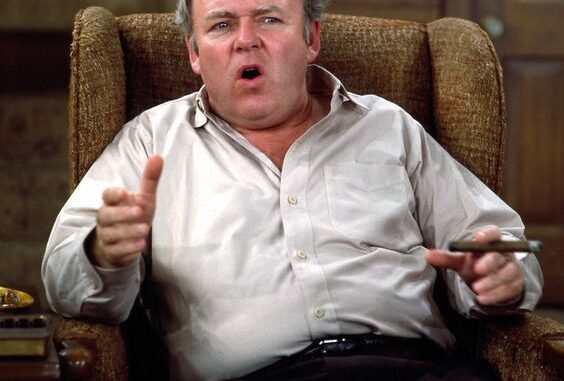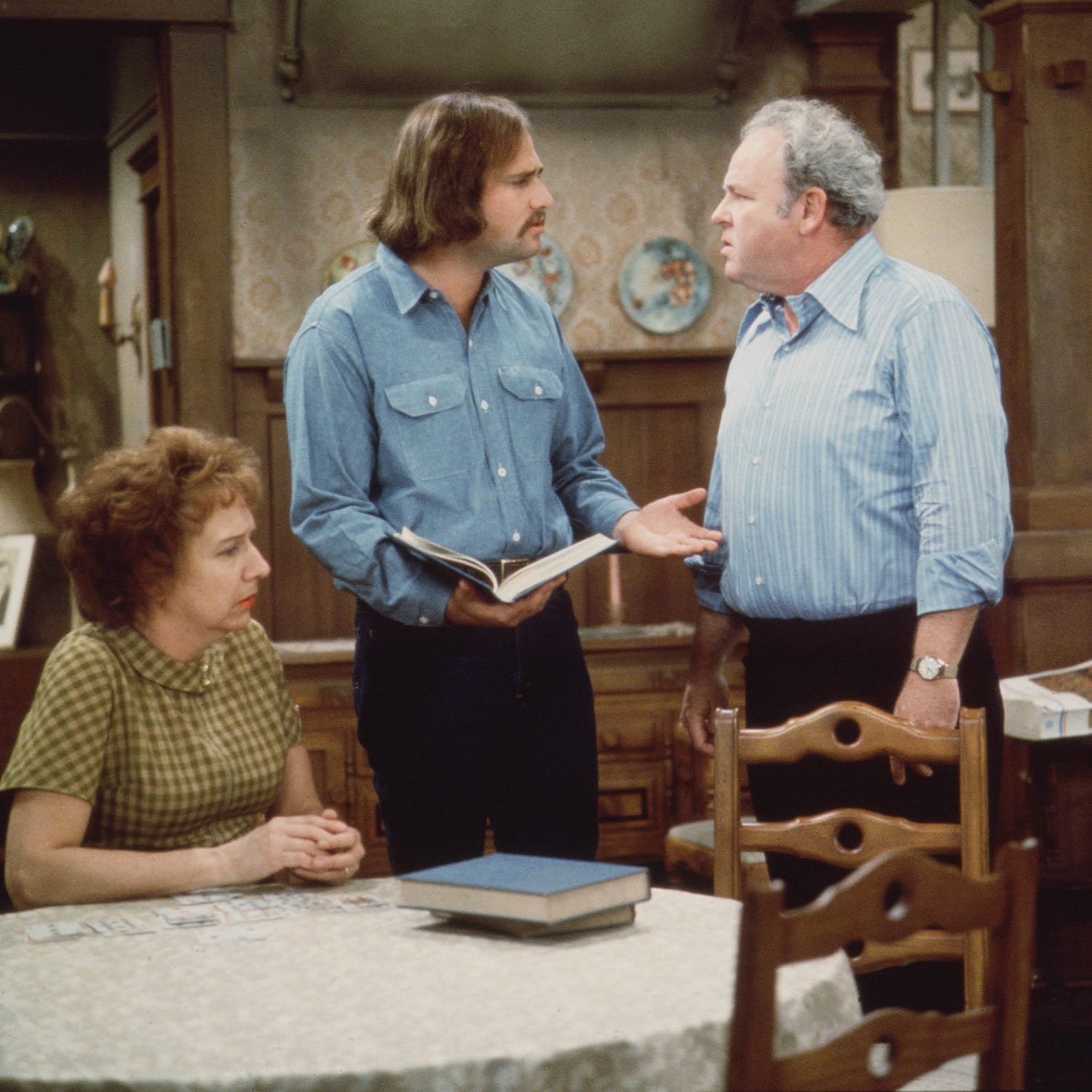
Fifty years ago, All in the Family premiered, forever transforming American television. Debuting on January 12, 1971, the show combined popularity, artistic merit, and profound social commentary, establishing itself as a landmark series in TV history.
Created by Norman Lear, All in the Family drew inspiration from the British series Till Death Do Us Part, featuring Archie Bunker (Carroll O’Connor), a character that encapsulated the angry conservative archetype. The show’s brilliance lay not just in Archie’s prejudices but in the way his family—particularly his wife, Edith (Jean Stapleton), daughter Gloria (Sally Struthers), and son-in-law Michael (Rob Reiner)—challenged and exposed these biases.
Edith, often seen as naive, showcased remarkable kindness and strength, presenting a counterpoint to Archie’s irascibility and highlighting deeper themes about human nature and morality. The familial dynamic created a relatable depiction of generational conflict, resonating with viewers across the nation.
The show’s humor was sharp and insightful, addressing issues from race and gender to war and sexuality, often in a manner that was both hilarious and thought-provoking. Episodes like “Judging Books by Covers” and “Edith’s Problem” tackled topics that were groundbreaking for their time, blending comedy with serious social critique.
Over its run, All in the Family achieved unprecedented success, becoming the first show to top Nielsen ratings for five consecutive years and spawning numerous successful spinoffs. Its innovative storytelling techniques and deep character development helped shape the future of television, allowing for the exploration of complex societal issues in a way that was both entertaining and impactful.
Today, All in the Family is remembered not only for its humor and cultural significance but also for paving the way for future shows to tackle serious topics with honesty and wit. Its legacy continues to influence contemporary television, reminding us of the power of storytelling in addressing the complexities of American life.
